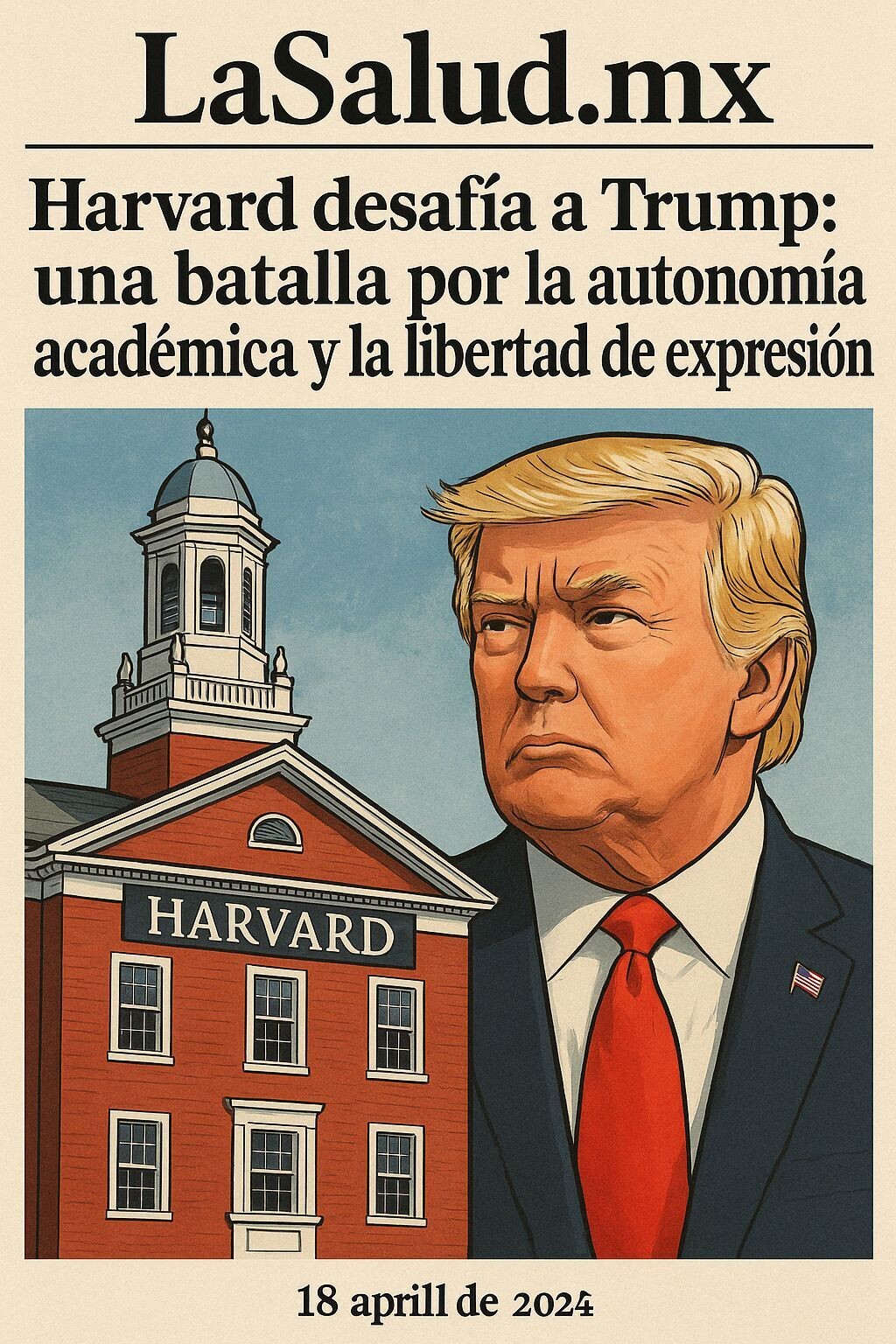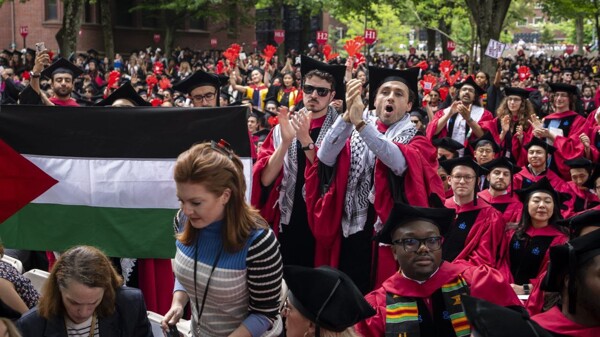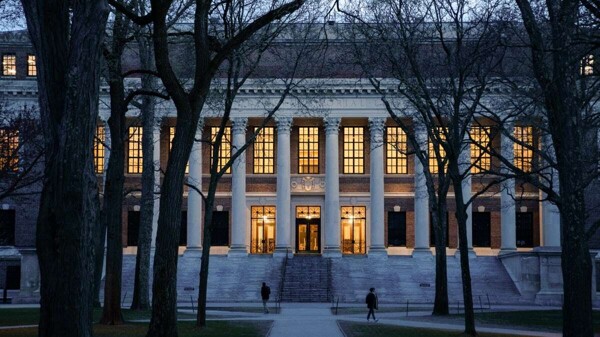
Harvard University is in the midst of a confrontation with the administration of President Donald Trump, which has rejected a series of federal demands that some critics consider a threat to academic autonomy and freedom of expression in institutions of higher education.
In an open letter, Harvard President Alan Garber has defended institutional independence, arguing that no government, regardless of its political affiliation, should impose control over the curriculum, admissions, hiring practices, or research focus of private universities.
In response, President Trump has requested that the Internal Revenue Service (IRS) revoke Harvard's tax-exempt status, which has generated controversy as it is seen as potential presidential interference in IRS operations, which is prohibited by federal law.
This conflict has sparked a national debate about the limits of federal power in higher education and the importance of preserving academic autonomy in the face of political pressures, with possible legal and political implications that could impact the relationship between the federal government and educational institutions in the United States.
In a new turn, the Department of Homeland Security has threatened to revoke Harvard's ability to enroll international students if the university does not provide specific information about visa holders, which has been criticized as an attempt to restrict diversity and academic freedom.
The conflict has intensified with the freezing of over $2.2 billion in grants and $60 million in contracts intended for Harvard, in response to its refusal to comply with demands that include the elimination of Diversity, Equity, and Inclusion programs, modifications in admission and hiring policies, and collaboration with immigration authorities.
Given this situation, the academic community has expressed its concern, noting that the freezing of funds could jeopardize important scientific projects and affect the lives of laboratory animals used in research, such as monkeys employed in tuberculosis studies.












